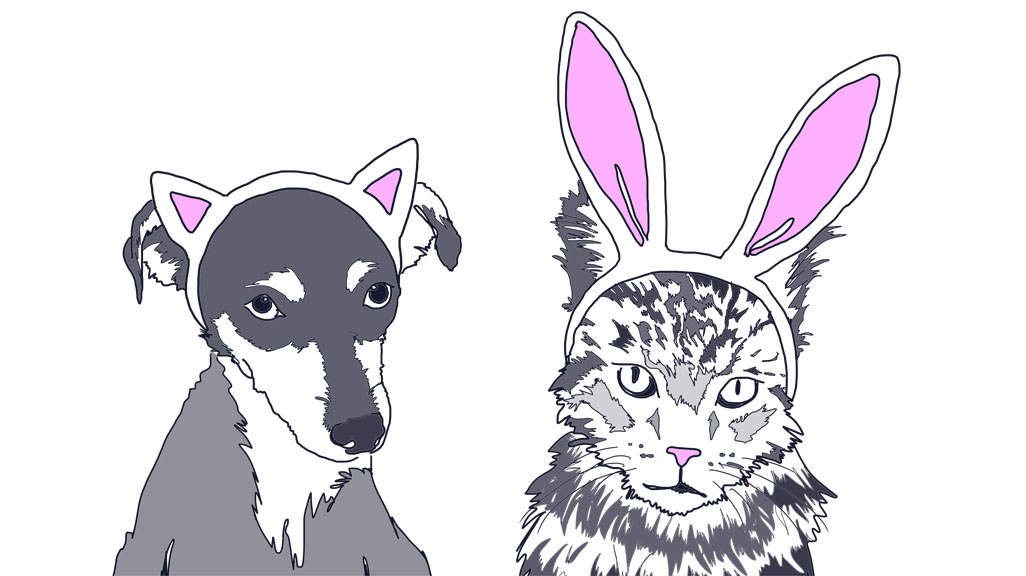A Culture, Not A Costume
by Kevin Zampieron | published May. 12th, 2015
Be it a white Australian rapper adopting an identifiably Southern black affectation or a festival-goer wearing a Native American headdress for fashion, the topic of cultural appropriation is as visible as it is controversial.
Cultural appropriation, the adoption of specific elements from a minority culture by the majority culture, has a long and difficult history in the United States; a simple glance at our past and current popular culture overwhelmingly confirms
One of the biggest misconceptions about cultural appropriation is the idea that it considers adoption of virtually any cultural practices cultural appropriation. However, a distinction is made by most between cultural appropriation and cultural exchange. While the latter is a sharing of culture in a way that’s enriching to both parties, appropriation implies a one-sided taking of cultural elements from a historically disempowered group.
Appropriation is based in exploitation and ignorance, not a genuine appreciation of another ethnic culture. Those who appropriate enjoy a limited aspect of a particular culture, like phrases or fashion, but divorce any kind of respect or true understanding. When cultural elements are mindlessly appropriated, ugly stereotypes are enforced.
Cultural appropriation is more than just tasteless costumes and questionable fashion statements: the racism it generates is very real. It’s one thing to appreciate gangsta rap as a white middle-class listener, but
Cultural appropriation attracts so much controversy because it demands change on a very personal level for many people. People, for the most part, tend to not perpetuate racism in heinously visible ways; most agree not to roam the streets screaming racial epithets or committing hate crimes. Cultural appropriation is much more insidious because so many of us have participated in it. Few do it to intentionally perpetuate racism, so the gut reaction is to deny your part in it.
But if you’re upset if someone implies that you’re bigoted, maybe you should examine your attitudes to make sure that



